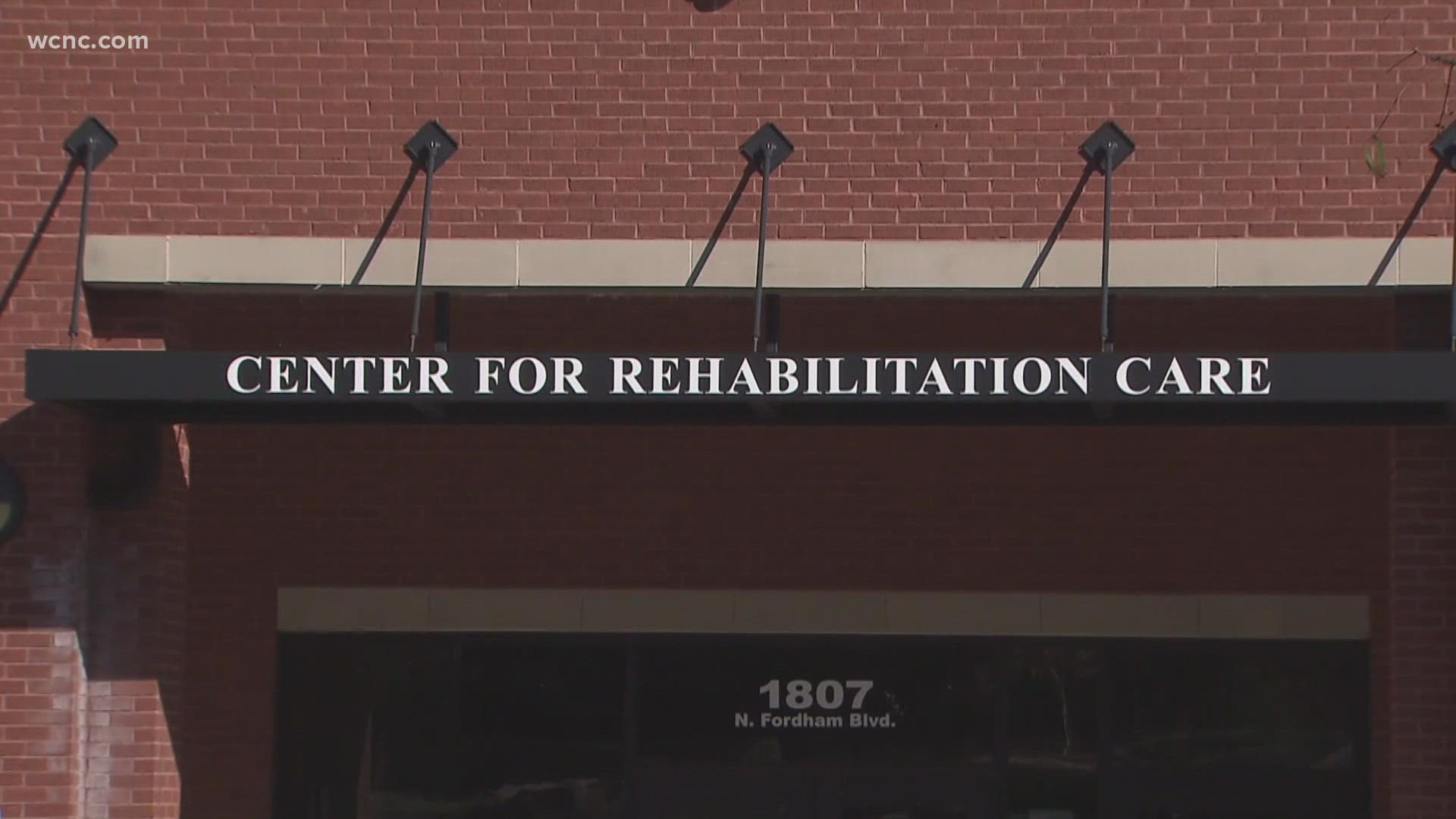CHAPEL HILL, N.C. — As more and more people test positive for COVID-19, doctors are warning even though omicron appears to cause mild sickness, there’s still a lot of risks.
Doctors say lingering COVID-19 symptoms are more common than many might think. At least 1 in every 10 people seem to be developing long COVID-19, and it can be life-changing.
More than a year after catching COVID-19, persistent symptoms have kept Brooke Keaton from going back to life as she knew it.
“I did not think that it would cause me or others to still be sick months and now a year or more later. I had no idea,” Keaton said.
WCNC Charlotte is part of seven major media companies and other local institutions reporting on and engaging the community around the problems and solutions as they relate to the COVID-19 pandemic. It is a project of the Charlotte Journalism Collaborative, which is supported by the Local Media Project, an initiative launched by the Solutions Journalism Network with support from the Knight Foundation to strengthen and reinvigorate local media ecosystems. See all of our reporting at charlottejournalism.org.
Keaton can’t work and taking care of her own kids is difficult. Doctors have told her she’s a long hauler.
She shared her story with WCNC Charlotte in December, catching the attention of Dr. John Baratta, who’s now trying to help her.
“There isn’t a clear understanding in the medical community of exactly what causes long COVID and why some people would get long COVID and others wouldn’t,” Baratta said.
He founded the UNC COVID Recovery Center, seeing patients from all over the east coast. He said it’s been a challenge; every person has a different experience with long COVID-19. But most of his patients are struggling to return to normal.
“Not everyone has had a complete resolution or a great improvement, but many have, and I think that’s something that should be encouraging to someone struggling with long COVID symptoms,” he said.
Fatigue, respiratory issues, chronic pain, difficulty with memory or attention and anxiety or depression are common complaints. Doctors tailor the recovery program for individual patients, working to treat their symptoms.
“I feel like through our work we’re really able to positively impact their recoveries and their lives,” Baratta said.
This is an impact doctors say 10-30% of COVID-19 patients could continue to feel well after the pandemic ends.
Contact Chloe Leshner at cleshner@wcnc.com and follow her on Facebook, Twitter and Instagram.
Wake Up Charlotte To Go is a daily news and weather podcast you can listen to so you can start your day with the team at Wake Up Charlotte.
SUBSCRIBE: Apple Podcasts || Spotify || Stitcher || TuneIn || Google Podcasts
All of WCNC Charlotte's podcasts are free and available for both streaming and download. You can listen now on Android, iPhone, Amazon, and other internet-connected devices. Join us from North Carolina, South Carolina, or on the go anywhere.

